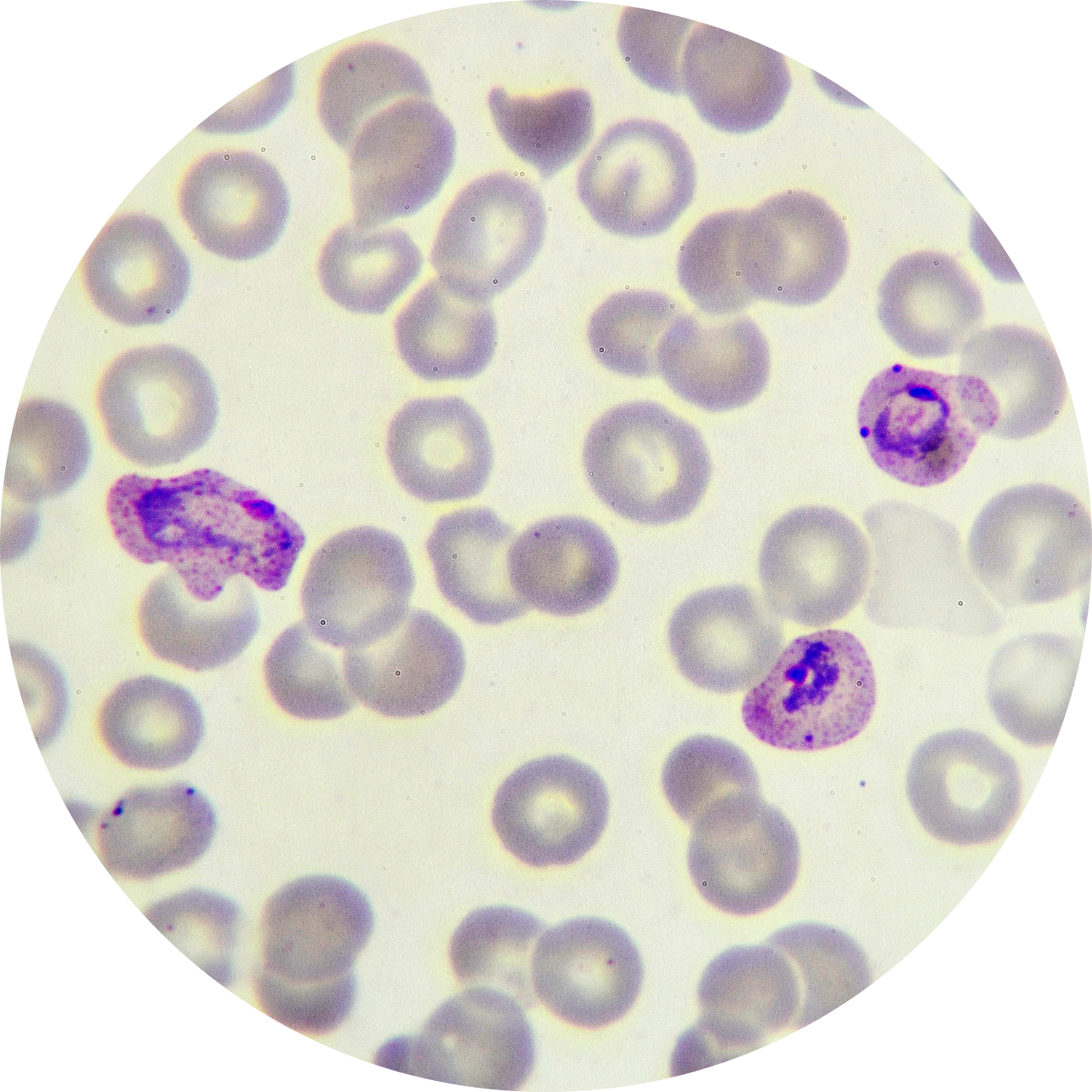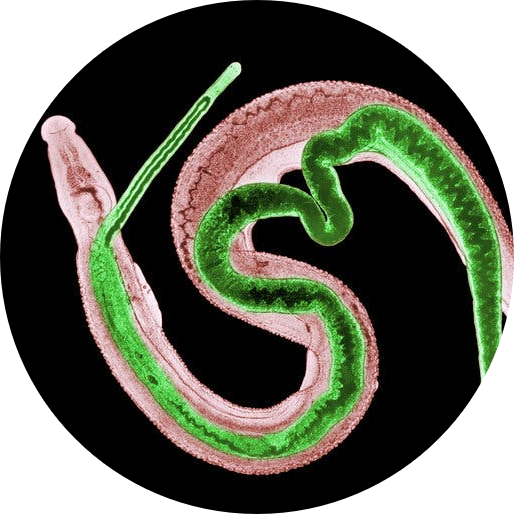Our Lab goals
The Anderson lab aims to bridge the gap between mainstream evolutionary biology and parasitology. We focus on malaria and schistosomes, the most important of the protozoan and helminth parasites infecting humans, which are also genetically and experimentally tractable. We utilize a population/quantitative genetics framework and both experimental and field-based research to explore the evolution, ecology and transmission of these parasites.
Our malaria research focuses on understanding the frequency of drug resistance evolution in  nature, as well as the genetic basis of drug resistance, and parasite fitness using parasite genetic crosses and bulk-segregrant analysis. This includes investigating the role of specific SNPs, compensatory mutations, and epistasis, and the impact of gene copy number variation on parasite phenotypes. We are also interested in deciphering the genetic structure of parasite populations and the composition of complex parasite infections containing multiple genotypes.
nature, as well as the genetic basis of drug resistance, and parasite fitness using parasite genetic crosses and bulk-segregrant analysis. This includes investigating the role of specific SNPs, compensatory mutations, and epistasis, and the impact of gene copy number variation on parasite phenotypes. We are also interested in deciphering the genetic structure of parasite populations and the composition of complex parasite infections containing multiple genotypes.
Our schistosome research pioneers the use of laboratory genetic crosses combined with linkage  analysis, bulk-segregant analysis, and genome-wide association studies to map the genetic bases of drug resistance, snail host specificity, cercarial transmission, and chronobiology in this parasite. We are also interested in understanding the dynamics of natural populations of schistosomes: by using single miracidia larvae collected from infected patients in African and South American countries, we investigate schistosome epidemiology, population biology and genomic introgression between parasite species.
analysis, bulk-segregant analysis, and genome-wide association studies to map the genetic bases of drug resistance, snail host specificity, cercarial transmission, and chronobiology in this parasite. We are also interested in understanding the dynamics of natural populations of schistosomes: by using single miracidia larvae collected from infected patients in African and South American countries, we investigate schistosome epidemiology, population biology and genomic introgression between parasite species.